There is an African proverb that says, ‘It takes a village to raise a child,’ referring to how an entire community of people is responsible for the development of a child. The same can be said about the island of Bali. It takes collaboration between government, businesses, NGOs, civil society organisations, and the people to preserve Bali— home by 4.37 million and visited annually by more than 5 million tourists through sustainable initiatives.
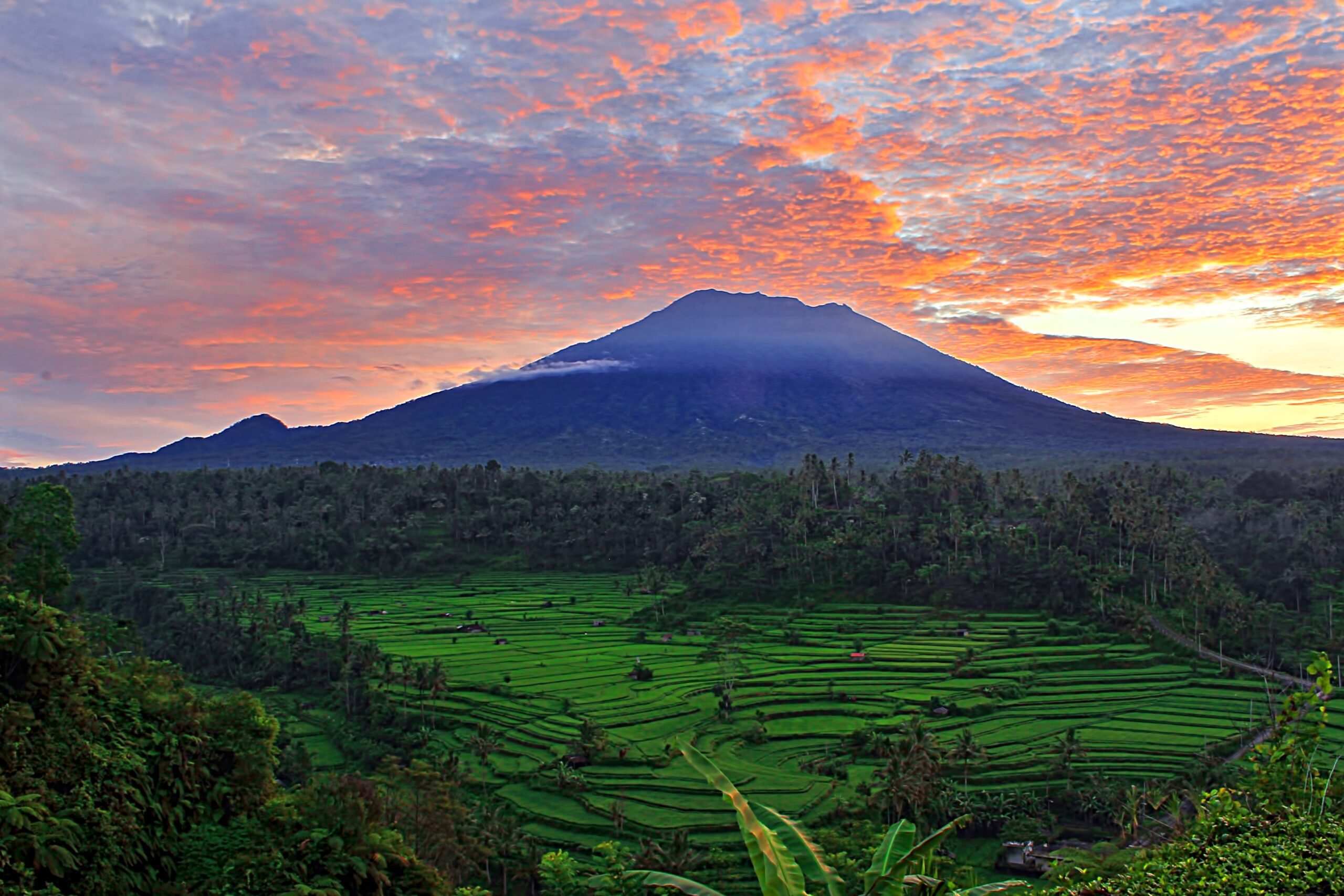
There is, of course, a cost behind these numbers. The island produces 1.6 million tonnes of waste a year, of which 303,000 tonnes are plastic, and there is no adequate waste management facility on the island. With tourists producing 3.5 times more plastic waste per capita than locals, imagine the amount of waste generated each day on the island.
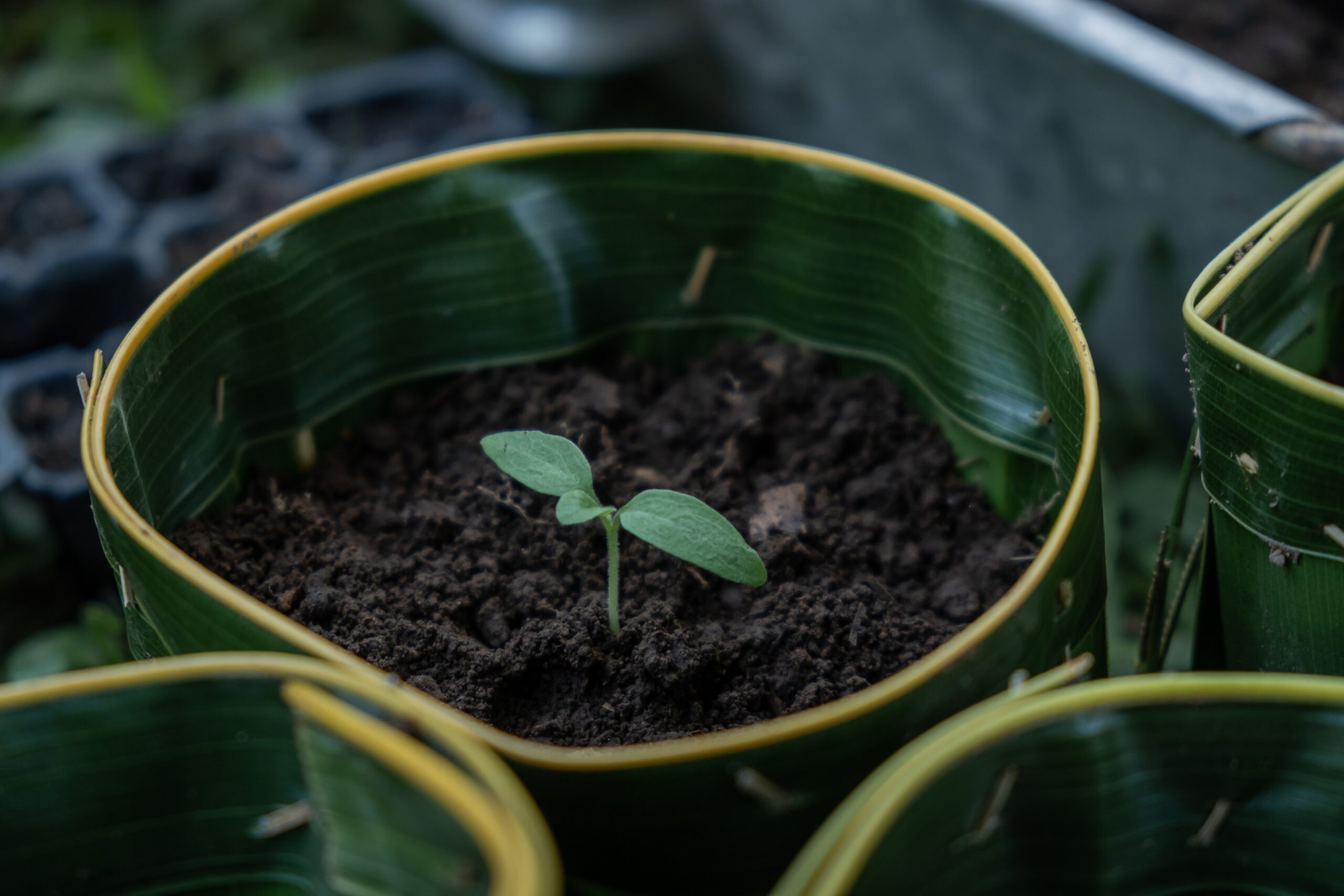
However, it is not all doom and gloom. Companies, hotels, restaurants, and even bars are playing their part through meaningful and effective collaborations and initiatives to ensure that their ways of doing business are sustainable for the island, its communities, and the environment. Here are some best practices from Bali that go beyond ditching plastic straws and reusing bath towels.
Waste away
It is estimated that 33,000 tonnes of uncollected plastic waste end up in the island’s waterways each year. The staggering amount appears even worse during the wet season as this waste is washed up on the beaches of Jimbaran, Seminyak, Legian, and Kuta, showing the urgent need for sustainable initiatives in Bali
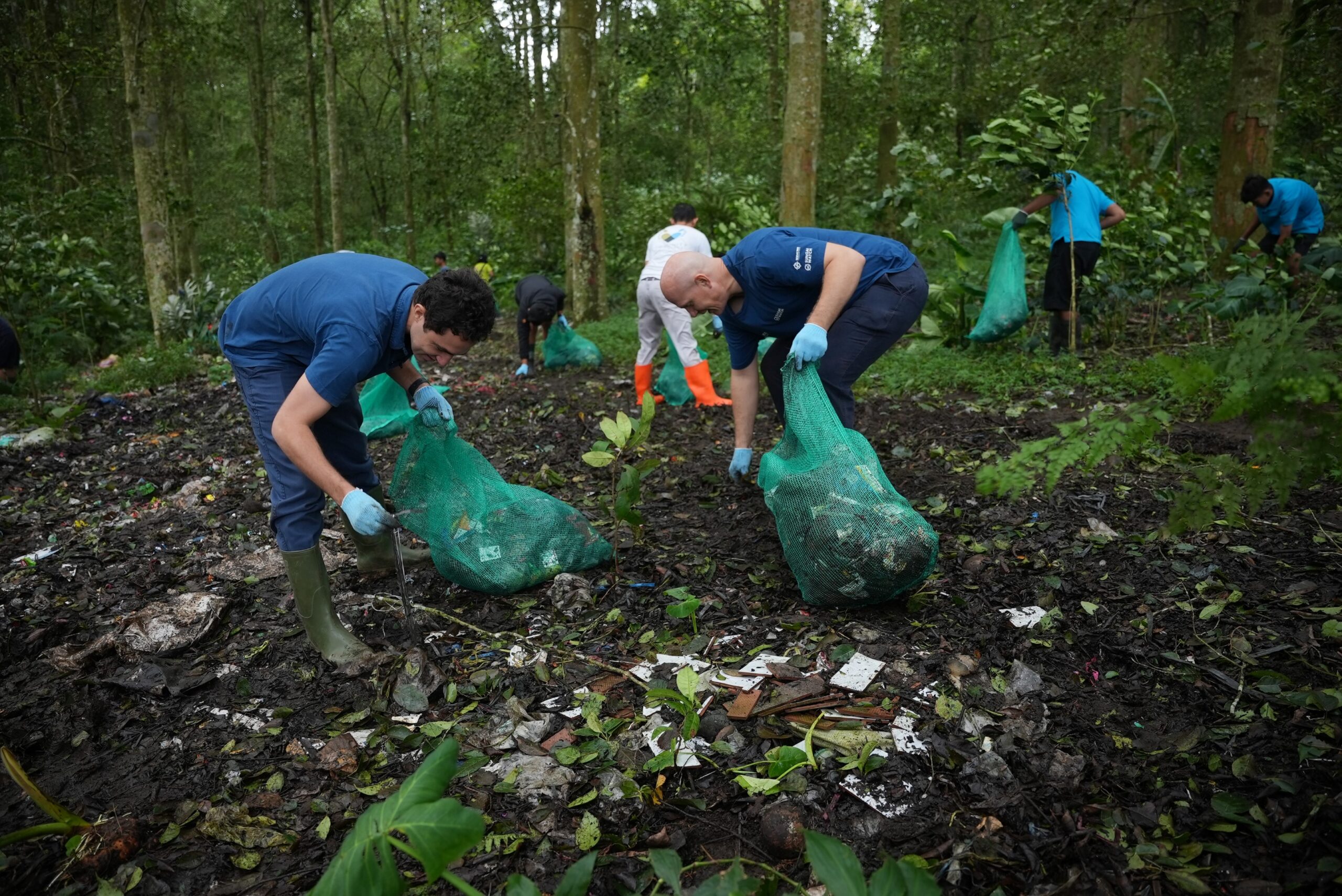
With a mission to stop plastic from going into the ocean, siblings Gary, Kelly, and Sam Bencheghib founded Sungai Watch in 2020. The environmental organisation now consists of more than 100 river warriors who bravely wade into rubbish-choked rivers to install trash barriers. They then collect, sort, and even upcycle some of the waste into comfy loungers, which have found their way into a design-forward boutique hotel.
Guided by Marriott International 2025 Sustainability and Social Impact Goals, Marriott Business Council Indonesia is committed to making positive impacts in Bali through series of sustainable initiatives. Since 2023, it has partnered with Sungai Watch and successfully removed 120,894 kilograms of plastic waste through 109 clean ups across the island.
The partnership has just been renewed with a commitment from Marriott International to fully fund Sungai Watch’s first waste sorting facility in Singaraja for another year. The partners also share a target of removing an additional 100,000 kilograms of plastic waste by 30 April 2025. A second waste sorting facility will also be opened in Bekasi, West Java, at the end of this year.
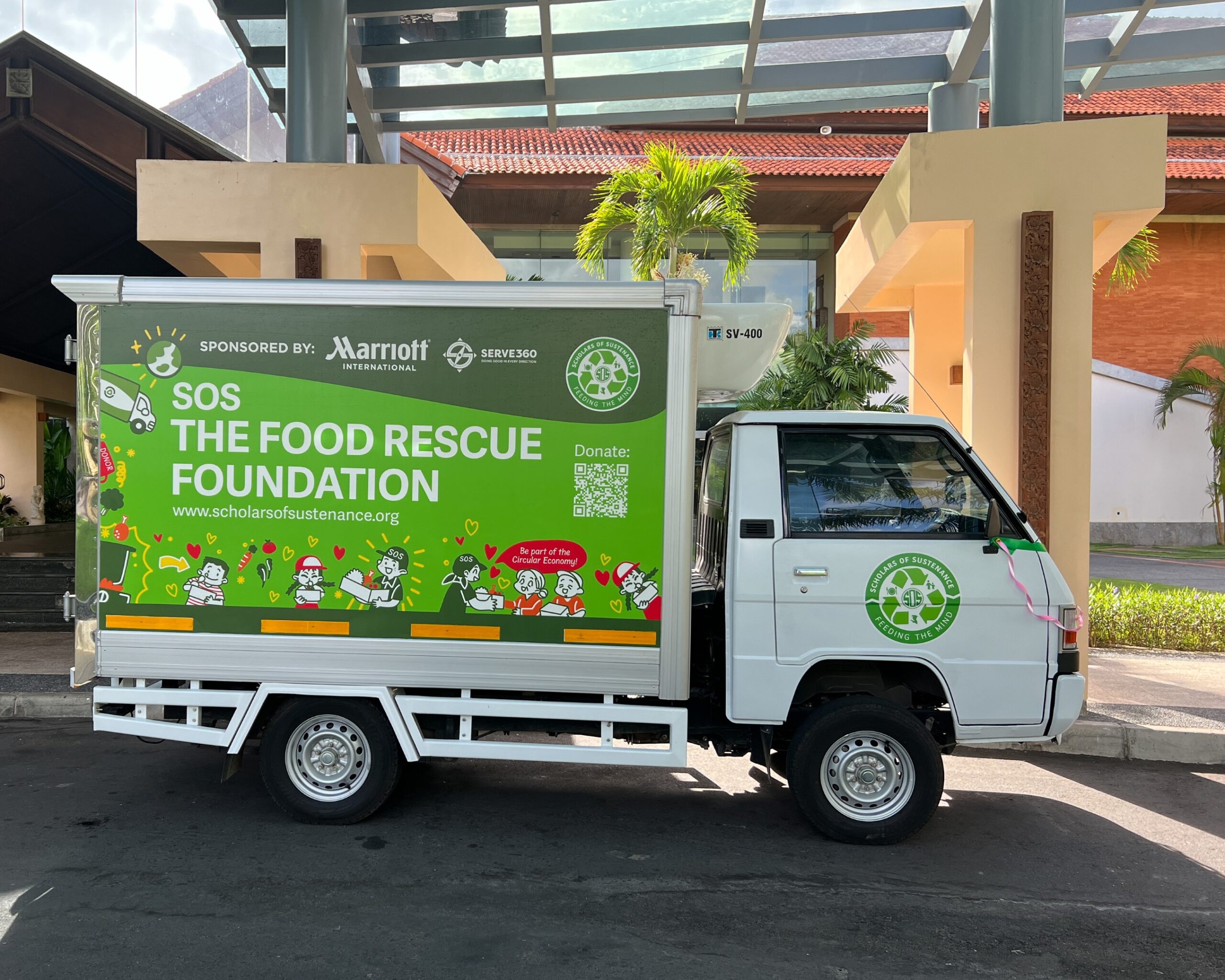
Have you ever wondered where all that leftover buffet food goes after breakfast time is over? Marriott Business Council Indonesia also partners with Scholars of Sustenance (SOS) Indonesia, a food rescue foundation with a mission to collect surplus food from Bali’s hotels, restaurants, and other commercial outlets. The food is then distributed to communities in need across the island. Sadeva, a fetching green food truck funded by the Council, can now be seen on the road, rescuing food from several Marriott properties and delivering it to the kitchen facilities for processing and distribution to schools, orphanages, and slums within a short duration.
By July 2024, Marriott’s hotels in Jakarta and Bali had rescued more than 30,080 kilograms of food, preventing it from ending up in landfills and causing greenhouse gas emissions. Two of the Council-funded food trucks, Doa Ibu and Sadeva, have distributed a total of 1,122,004 kilograms of food to communities in need in Jakarta and South Bali.
Community-conscious cocktail bar
Nestled within the Four Seasons Resort Bali at Jimbaran Bay, TELU, which means ‘three’ in the Balinese language, was created with sustainability in mind from the ground up. The cocktail bar is furnished with repurposed and upcycled materials, while its menu has been thoughtfully created to showcase local spirit artisans and provide support for the island’s communities.
Helmed by bar manager Jan Jurecka, TELU’s ethos of sustainability, connection, and community is translated from the backend of the bar to the cocktails being served. The bar is partnering with ecoSPIRITS, a closed-loop distribution system that reduces packaging waste in the premium spirits supply chain. It also ferments, distills, and uses various preservation techniques to prolong the shelf-life of its garden-grown ingredients.
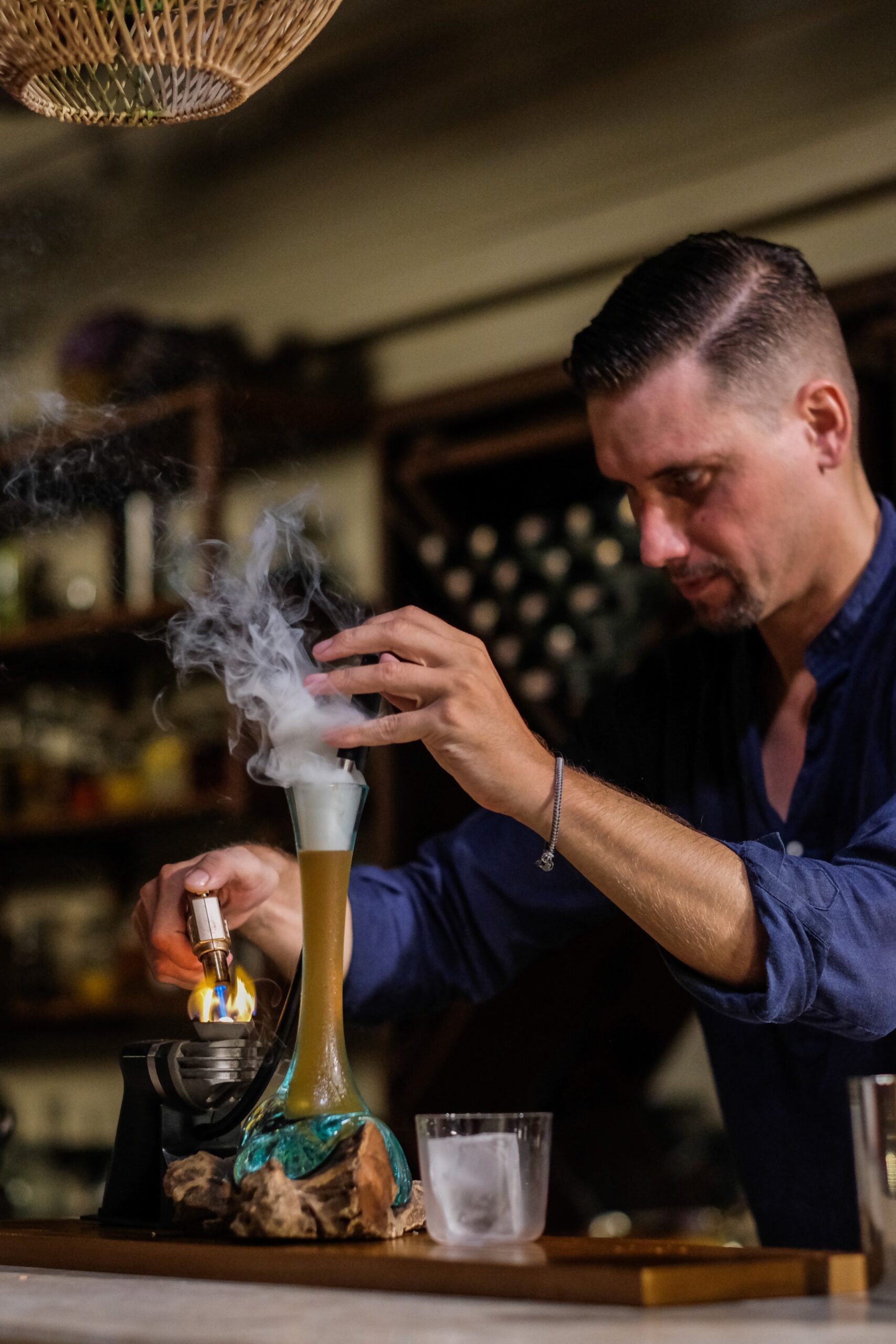
Jurecka is passionate about working with the island’s artisanal spirit distillers. Guests of TELU will find the menu divided into three sections with proceeds supporting three of the island’s hard-working charity and environmental organisations, making TELU’s approach a standout among sustainable initiatives in Bali.
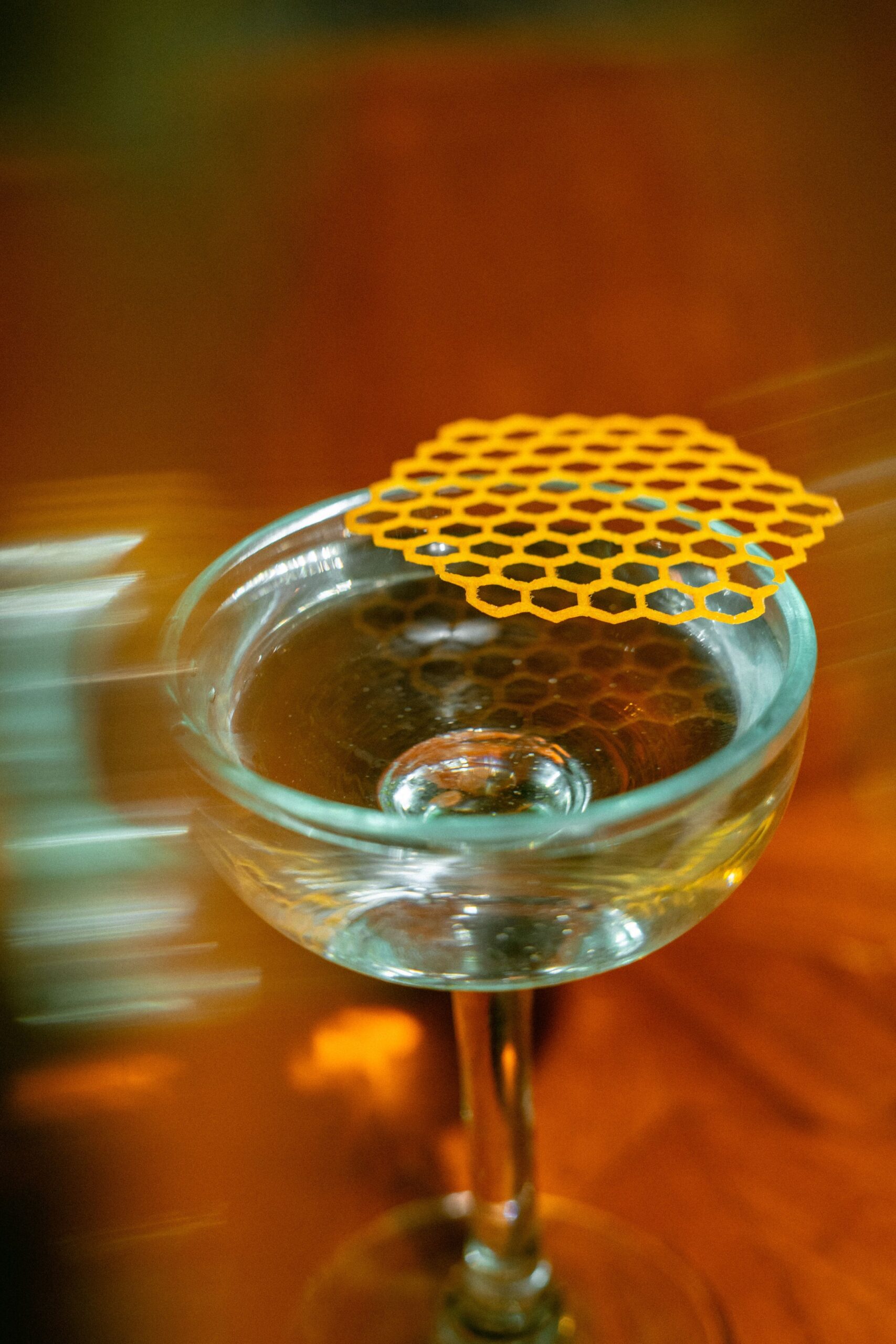
Inspired by Bali’s Tri Hita Karana philosophy, three drinks honour harmony with nature through Sungai Watch; another three tipples are dedicated to celebrating the importance of harmony with people through proceeds supporting the efforts of Bali Children’s Project in helping the island’s youngsters with education; and the last three cocktails are dedicated to the excellent coral reef restoration work by Ocean Gardener.
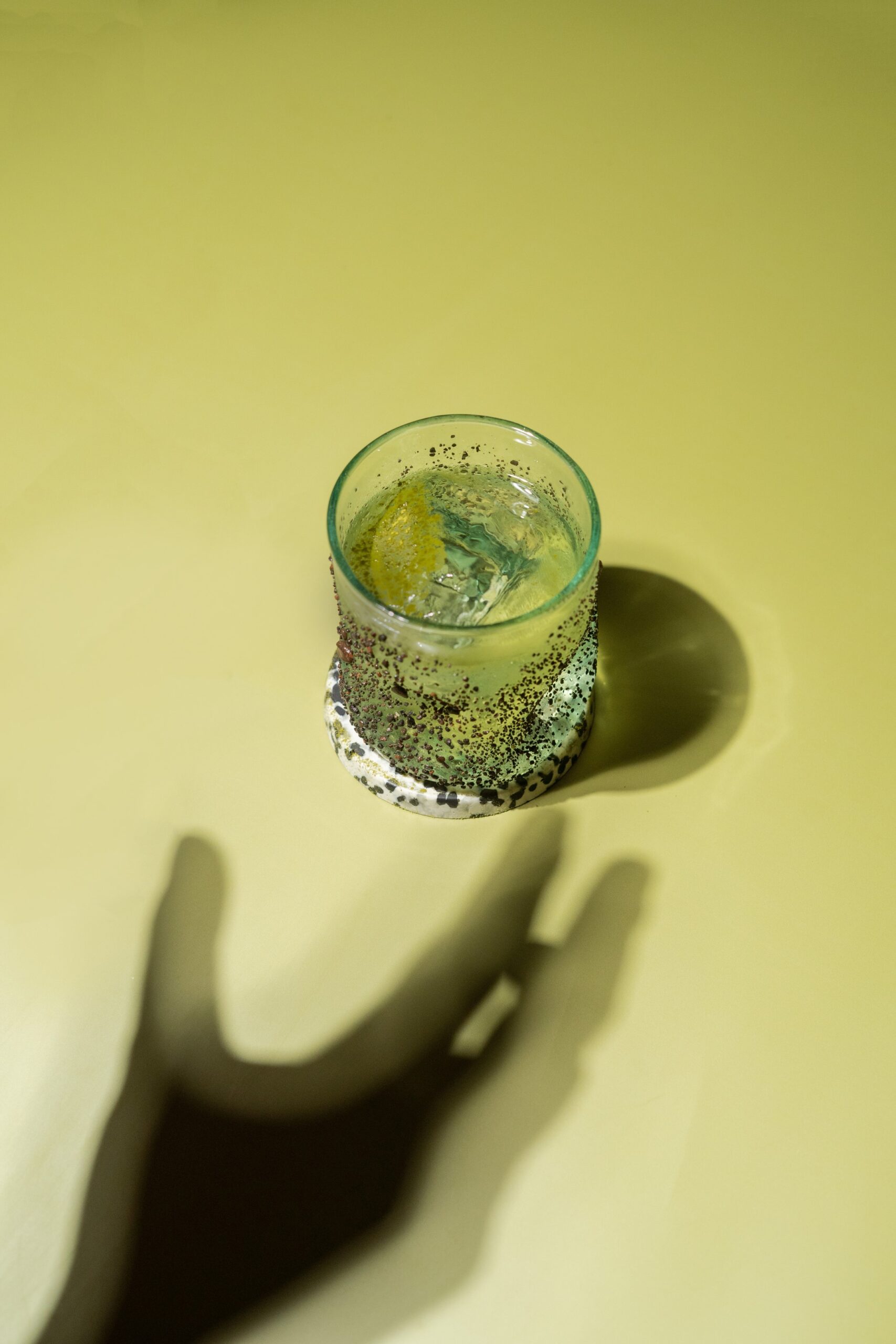
Concocted with Bali’s own East Indies Gin, spirulina, matcha, passionfruit, guava, honey nectar, and coconut milk whey, Down to Earth is a rivulet of refreshing pleasure – especially after knowing that the more one imbibes, the more one helps the efforts to clean Bali’s waterways.
Water from Mount Agung
Discerning foodies never underestimate the quality of water being served during their meals. If dining out in Bali is your thing, it is most likely that you have ordered Balian Natural Mineral Water or Balian Sparkling Natural Mineral Water to accompany your degustation menu. The elegance of the transparent bottles represents Balian’s philosophy of capturing the spirit of Bali and providing pristine drinking water of the best quality straight from the source, a protected free-flowing spring on the slope of Mount Agung.
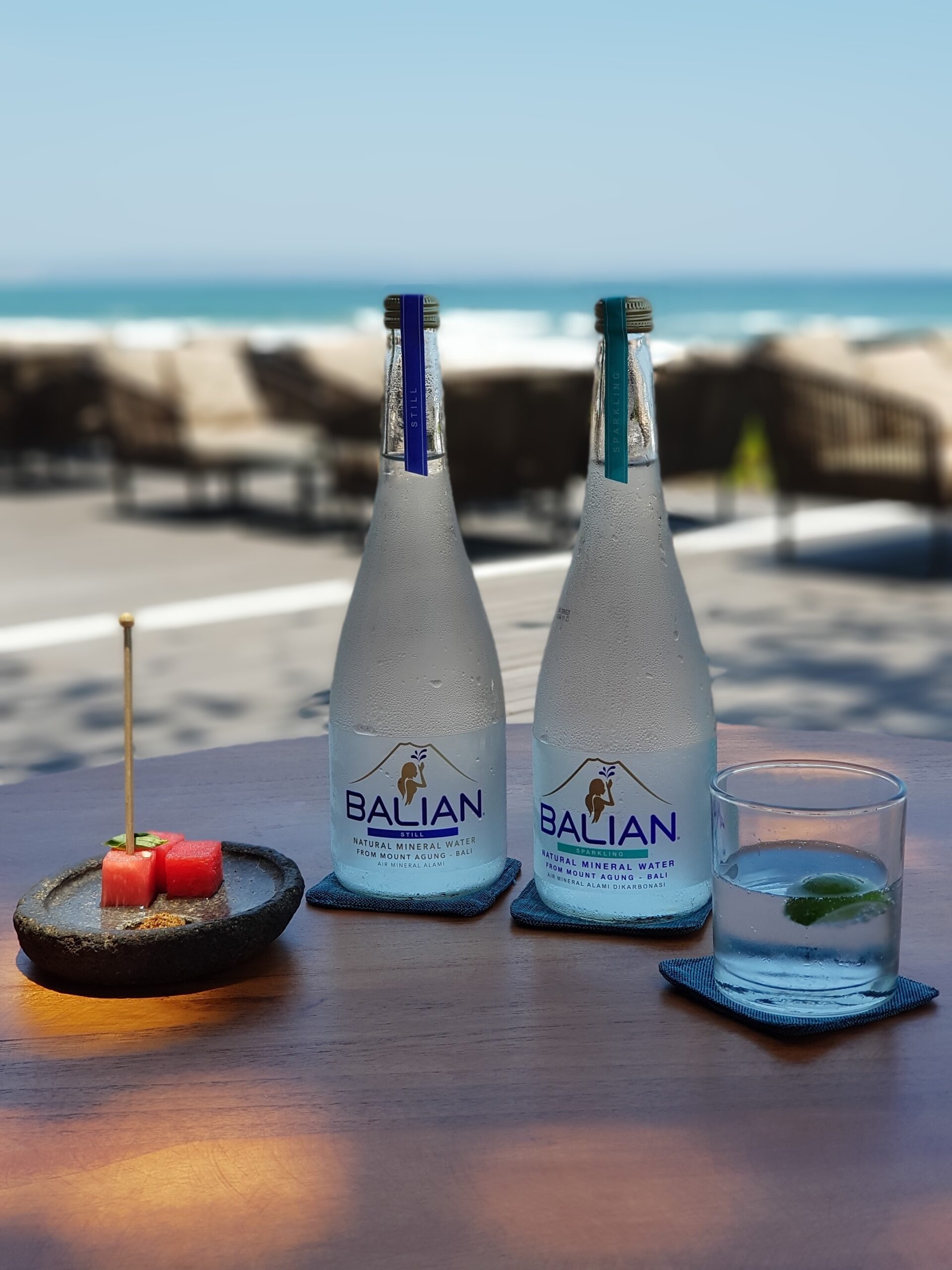
Being certified as a Natural Mineral Water is no mean feat. The free-flowing spring was first analysed for its microbiological purity by a team of French hydrogeologists. Upon learning that the spring does not tap the aquifer, the founders became committed to managing the bottling sustainably, without harming the balance of the ecosystem. With reference to the international Codex standard, Balian obtained its Natural Mineral Water certification, which means that the water is not subjected to any treatment and it is bottled hygienically at the source. The returnable glass bottles are stored in crates for a circular packaging solution and to ensure there is no plastic waste from the company’s products on the island.
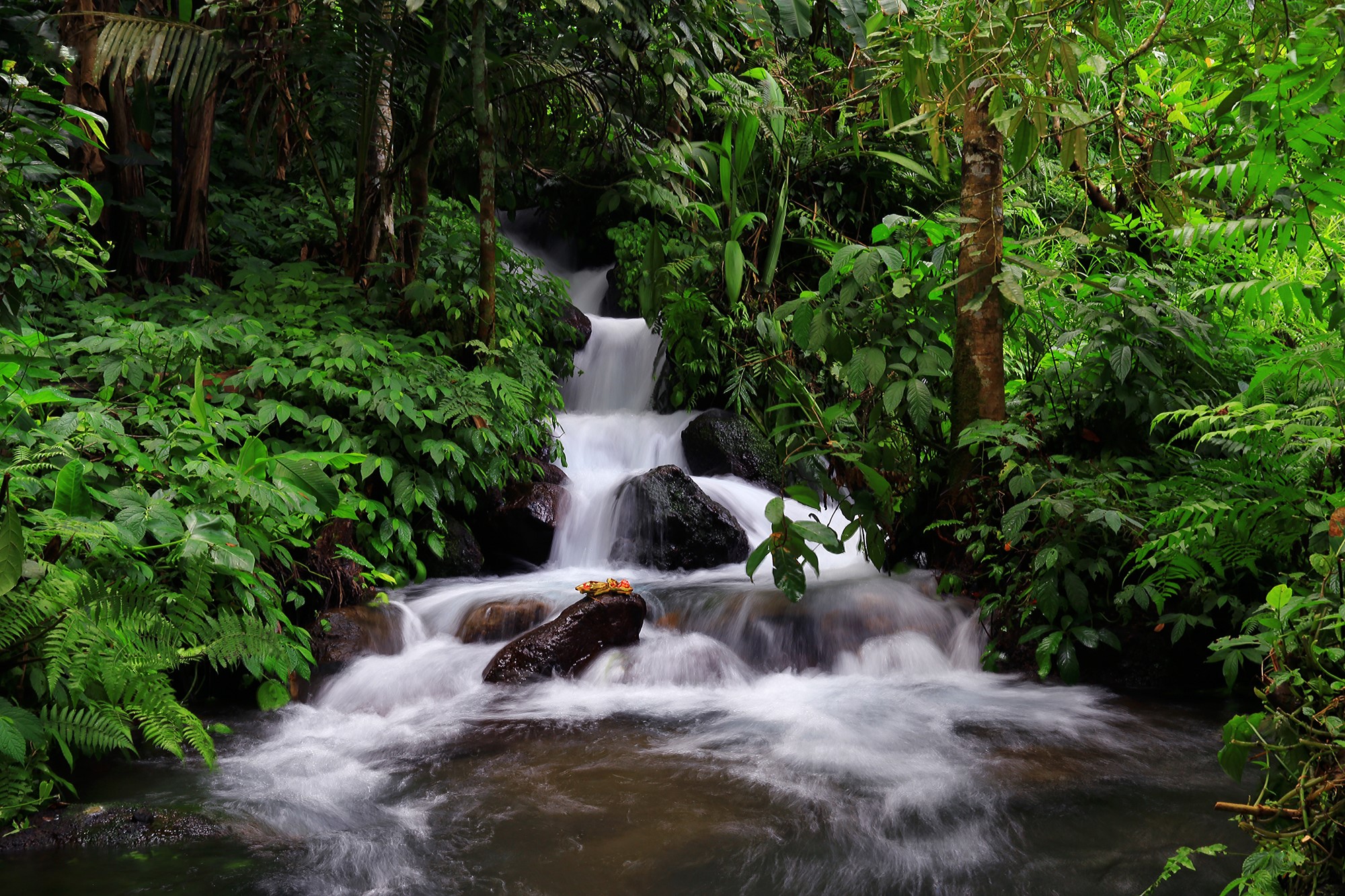
Adhering to local customs and tradition, Balian works closely with the local community where the factory is located and continues to promote environmental awareness through education for children in partnership with non-profit organisations.
A sustainable commitment
A first for hotels in Indonesia, The Apurva Kempinski Bali recently announced that it has achieved the Global Sustainable Tourism Council (GSTC) Certification; the internationally acclaimed independent organisation promotes best practices in sustainable tourism.
Through a strict audit, GSTC certifies properties that have proven their compliance with the Council’s four pillars: sustainable management, social impact, cultural and community preservation, and environmental stewardship.
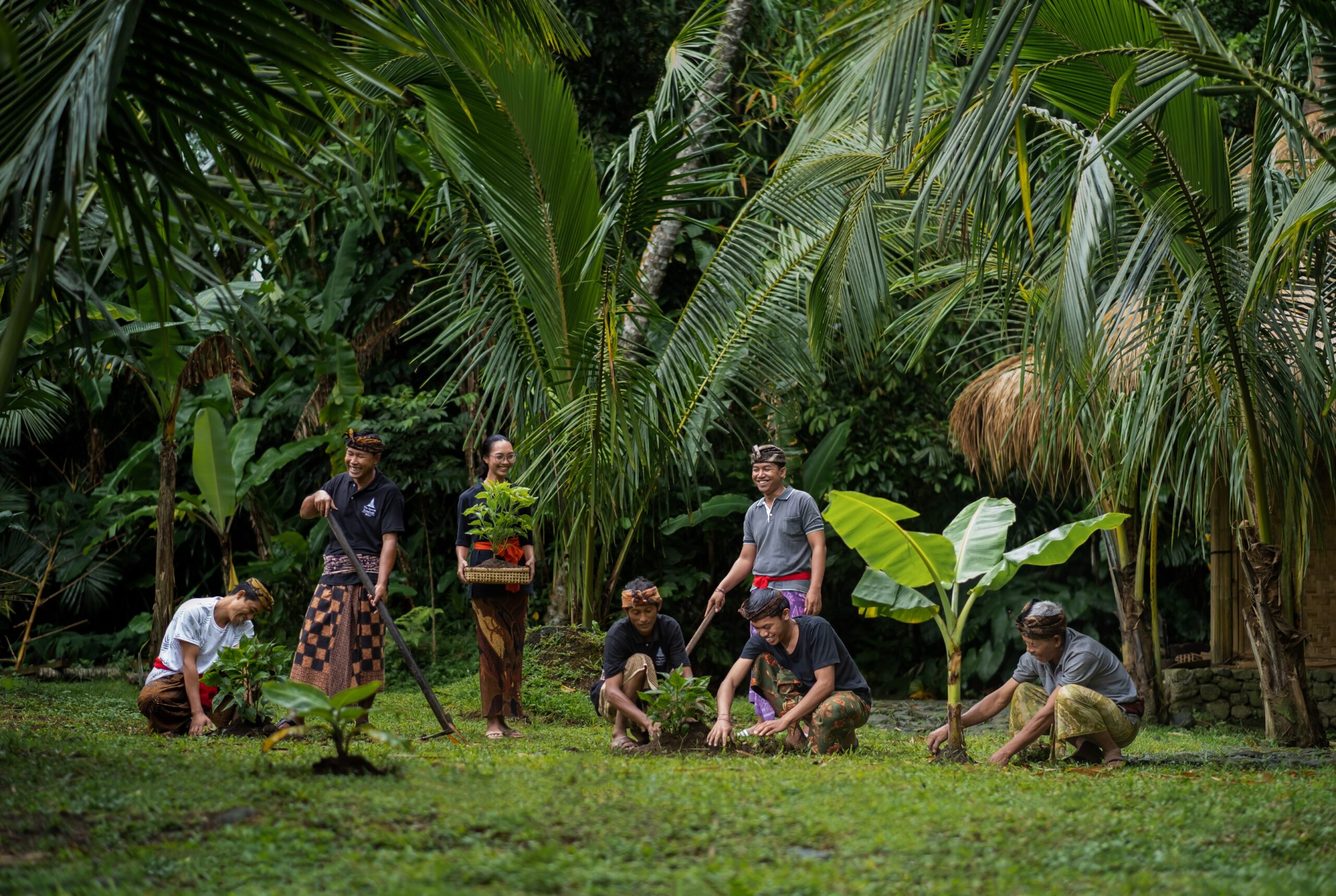
The well-deserved accolade is the result of the resort’s commitment to constantly improving its sustainable initiatives; fostering social and economic benefits in Bali through local employment and partnership with educational institutions; preserving and showcasing Indonesian cultures and heritage through the resort’s annual campaign; reducing its environmental footprint with a wide range of initiatives such as setting up a waste management facility and creating a hydroponic rooftop garden; its sustainable wedding package; and electric vehicle experience.
Proving that luxury and sustainability go hand in hand, Alila Villas Uluwatu was also built from the ground up with sustainability in mind. The first resort in Indonesia to receive the highest level of certification from EarthCheck, the resort didn’t stop at just being energy-efficient or providing biodegradable amenities for its guests.
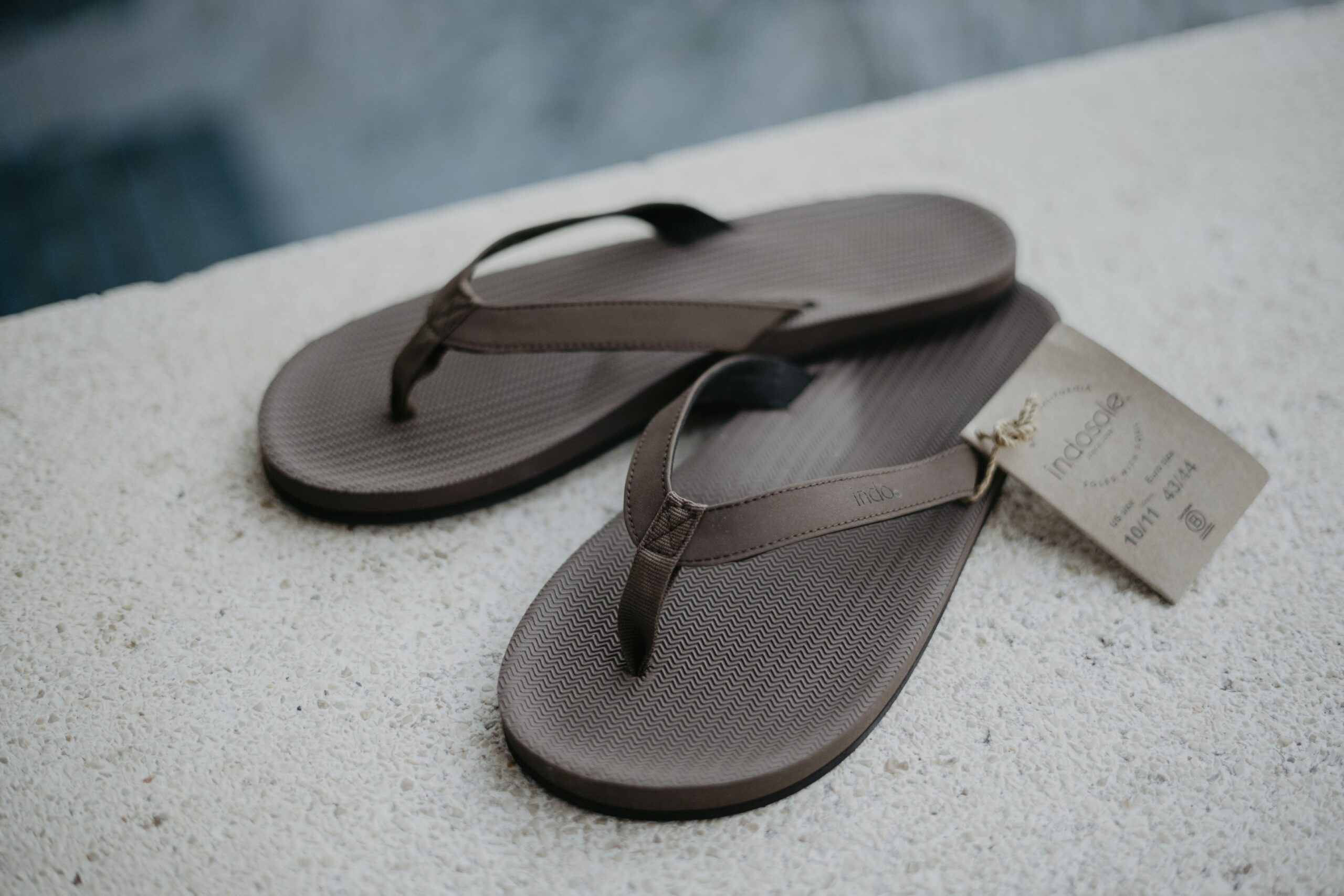
The property pushes its green commitment further by the founding of its Sustainability Lab, which turns organic waste into reusable bioproducts such as compost to regenerate the soil in the chilli garden and the resort’s 14-hectare landscape. It also upcycles bottles into drinking glasses and candle ware, collaborating with Parongpong Recycling Waste Lab in transforming cigarette butts into furniture, and working with Indosole in turning rubber tires from its guest buggy into sandals and glass coasters at Sunset Cabana Bar. Nothing is wasted in the resort’s efforts to close the loop on waste with its circular economy.
What’s next: Community Waste Project
There is no stopping Desa Potato Head from promoting a zero-waste lifestyle through products, services, and experience – even after attaining the prestigious B Corporation certification. It has been carbon neutral since 2017 and implemented a stringent no-single-use plastic policy throughout the property.
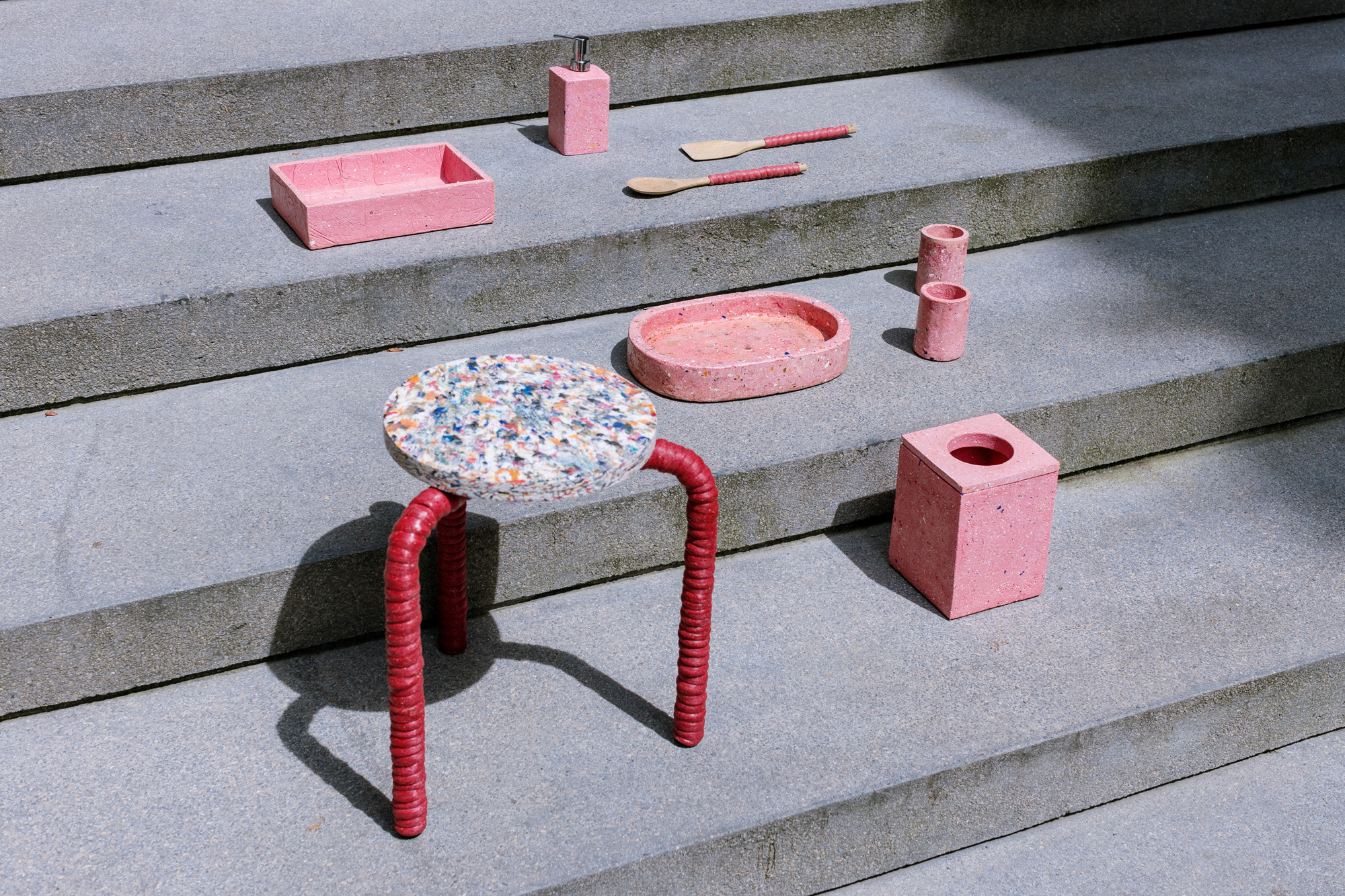
From the OMA-designed Potato Head Studios to Headstream radio station to art installations, the Desa has created impressive and iconic elements from recycled materials. Its Waste Lab industriously churns out new materials and products created from waste, such as stools and soap dispensers.
This year, it co-founded the establishment of a non-profit waste centre with the Mexicola Group and a business collective. The Community Waste Project is a joint effort between Bali-based businesses to reduce waste to landfills using a circular approach. Situated next to the Suwung landfill in Denpasar, it will open in October 2024 and aims to divert 95% of participating businesses’ waste from landfills and paves the way for future sustainable initiatives in Bali.
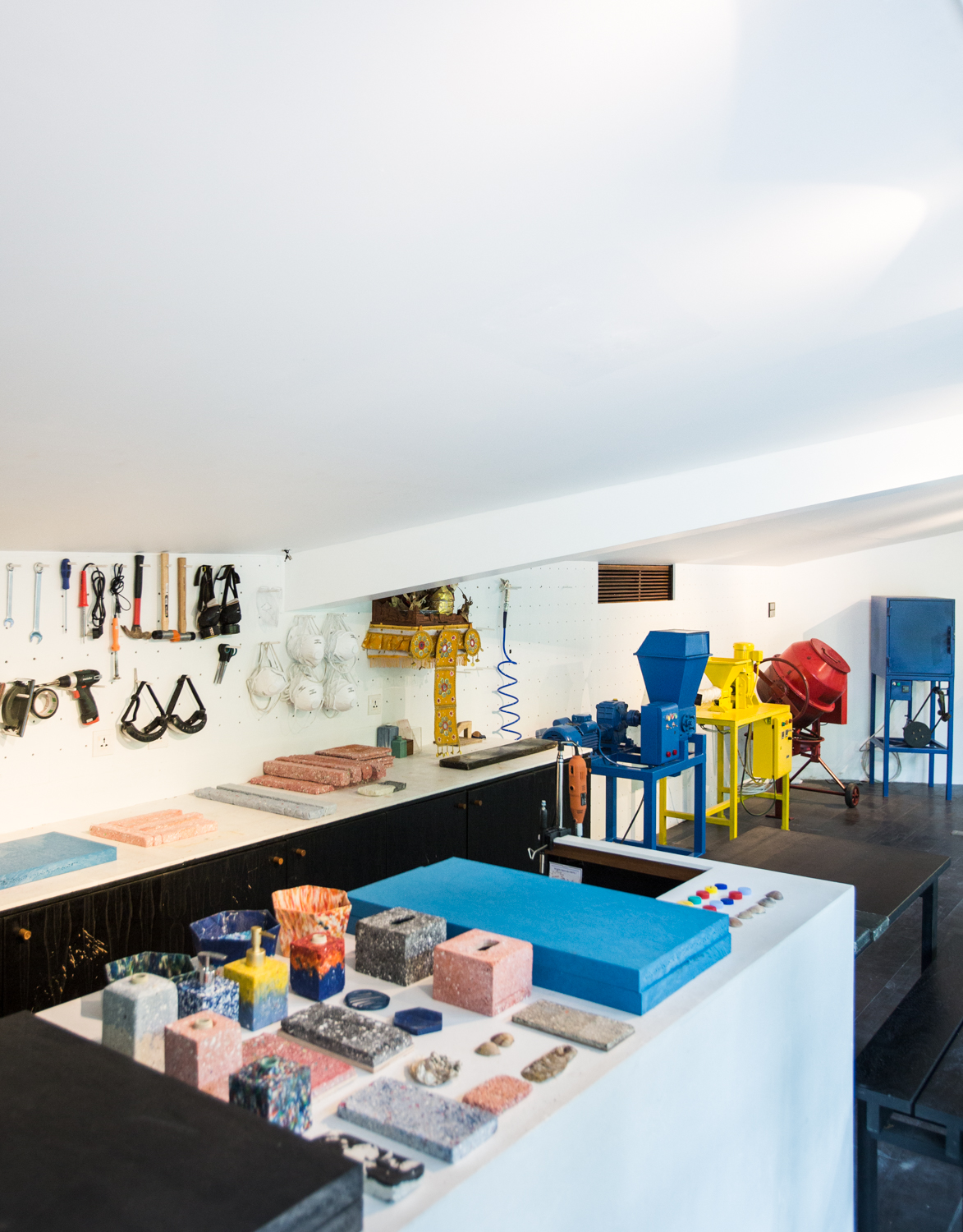
The much-needed facility will be able to process organic, inorganic, and garden waste through sorting, composting, recycling, and upcycling. By transforming waste into new products, the members of Community Waste Project can purchase the products at a cost price to cover the operation and use the rest for a social fund for the local village. Community Waste Project in Suwung has undoubtedly created the blueprint for the beginning of a zero-waste Bali.
